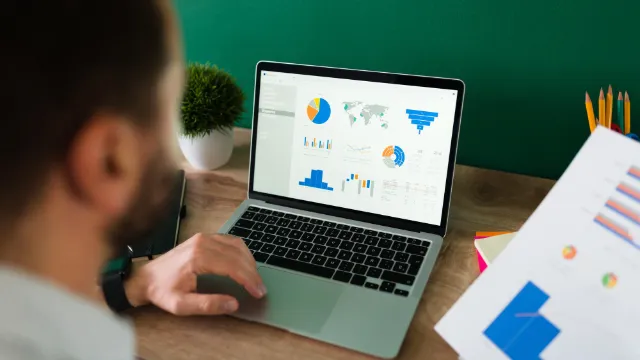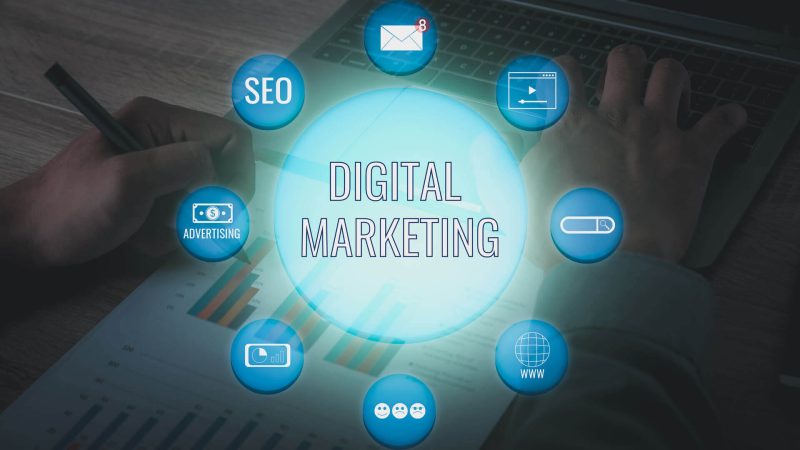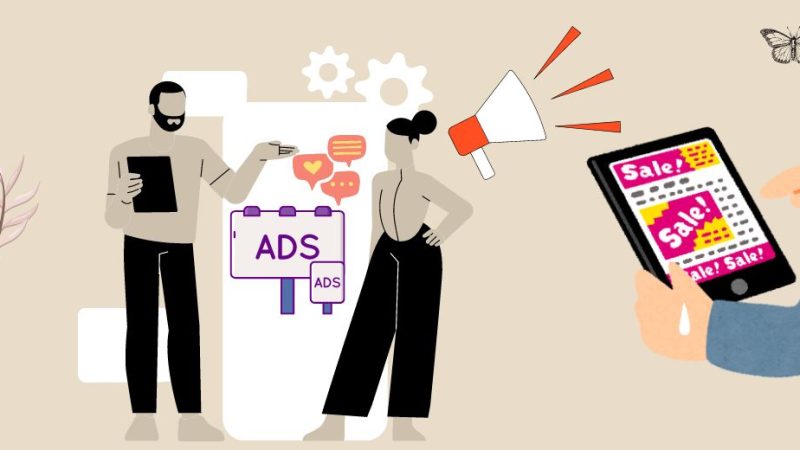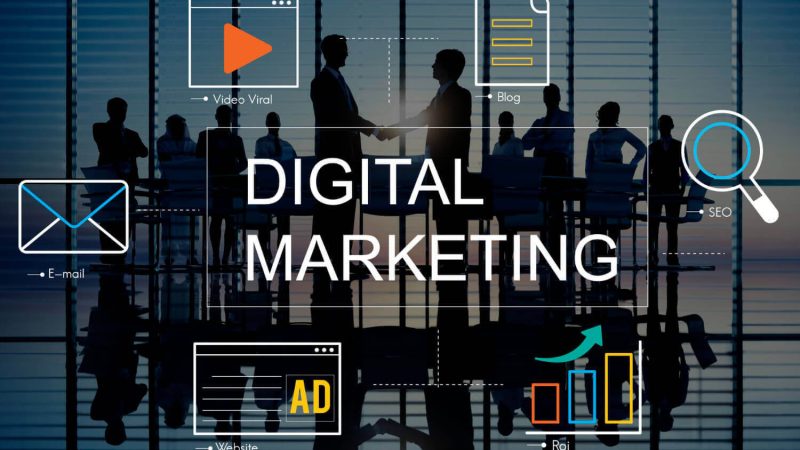How to Use AI for PPC? Check out Strategies, Tools, & More!
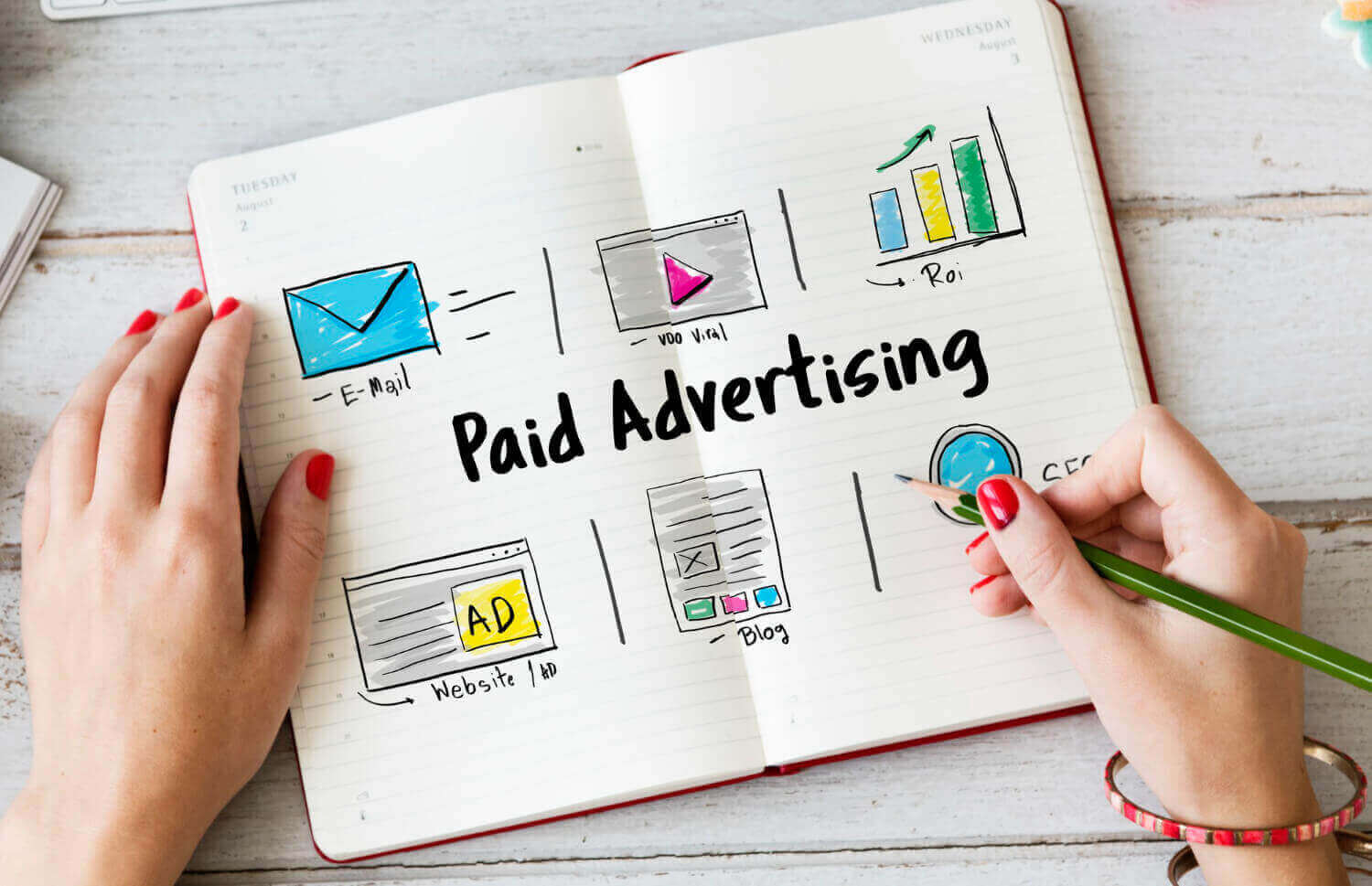
Artificial intelligence (AI) is creating hype these days. Some concrete reasons are behind it. The continuous evolutions are going on in this domain. A major transformation is taking place in the domain of data. And digital marketing is no exception. This means that AI plays a significant role in enhancing the efficiency and effectiveness of pay-per-click campaigns. In this post, you are going to explore the use of AI for PPC (pay-per-click).
Understanding AI in PPC
AI in PPC refers to considering machine learning algorithms and data analytics to optimise and automate various sections of online advertising. Particularly, these sections can be bid management, ad creation, audience targeting, and performance analysis. You can integrate artificial intelligence with these sections to automatically define a campaign. In essence, the power of AI equips marketers with data-driven decisions, which eventually appear to impact ROI and produce excellent results with minimal effort.
AI can be introduced at different levels of PPC services. Let’s take a look at it.
Key Strategies for Using AI in PPC
1. Automated Bidding
How easy it will be if bidding is automated. AI can do it. AI algorithms are trained to self-learn and analyse vast amounts of data so that optimal bidding for each keyword can take place. It helps in placing ads in the best possible position without investing hundreds of dollars. Overall, it will be a cost-effective method that maximises ROI and eliminates the chances of wasted spending.
Its finest example is Google’s Smart Bidding. It features “auction-time bidding,” which automates the auctioning process. According to Google, this technology can increase conversion rates by 20% on average.
2. Dynamic Ad Creation
The smart technology allows you to draft ads with minimal effort. Also, you can automatically generate multiple ad copies in variations in a few seconds. AI actually monitors user behaviour, understands their preferences, and collects engagement data. This data helps it create personalised ad versions that resonate with various segments of target audiences.
Facebook’s Dynamic Creative proves it right. It automatically examines and optimises ad variations using different creative elements (images, headlines, and descriptions). By using these elements, marketers can potentially improve CTR by up to 50%.
3. Audience Targeting
Identifying and targeting the most relevant audiences requires analytical eyes. AI has evolved with an analytical lens. Actually, algorithms automatically use search history, online behaviour, and demographics to assess and filter the most viable patterns. This is how this smart technology ensures personalised ads that are likely to convert.
For instance, the Google Audience Insights tool leverages artificial intelligence to draw insights into your audience’s interests, behaviours, and demographics. Also, it can help in tailoring ad campaigns with the goal of improving targeting. Google itself found that AI-powered audience targeting is able to deliver a 30% increase in engagement rates.
4. Performance Analysis and Optimisation
Without understanding and tracking the performance of a campaign, you cannot expect a high success rate. AI can analyse gaps and provide actionable insights to optimise them. With Analysis, an AI-powered PPC audit tool, one can assess campaigns and drive recommendations for optimising campaigns. Those who have used it reported saving up to 40 hours per month on manual analysis.
5. Chatbots for PPC
Communicating with customers is a 24×7 job. AI-powered chatbots can provide seamless and relentless user engagement, which also derives leads or inquiries through customer interactions. Also, one can set triggers to interact and answer the most common burning questions of users in real-time. Additionally, they can guide them through the challenging conversion process.
Drift’s Conversational Advertising, for example, is an AI-based tool that takes charge and carries out end-to-end conversations with users who click PPC ads. This automated conversation maximises engagement and, hence, conversions. Companies using this tool have reported a 15% increment in their lead counts.
Tools for Leveraging AI in PPC
Now that you know AI’s role in PPC campaigns is crucial, let’s explore tools that use AI.
1. Google Ads
Google Ads provides multiple smart features, like smart bidding, responsive search ads, and performance insights. With them, an advertiser gets sufficient options to automate and optimise their PPC campaigns effortlessly.
2. AdRoll
This toll makes the optimisation process lightning fast, specifically for display ad campaigns. The integrated machine learning algorithms do assessments of engagement and user journey-based data. This analysis automatically drafts personalised ads and also guides bidding strategies. Overall, it increases the scope for generating maximum ROI.
3. WordStream
The next tool is WordStream’s PPC advisor, which helps with driving actionable recommendations. These recommendations prove a milestone in improving ads. Besides, you can automatically assess the performance of your ads. Simultaneously, it suggests how to optimise keywords, bids, and budgets.
4. Adext AI
This tool is popular for automating the end-to-end PPC process. The integrated machine learning algorithms automate the analysis of ad performance. Accordingly, it helps in adjusting bids and optimising targeting across multiple platforms like Google Ads and Facebook Ads.
5. Optmyzr
This is again an AI-powered tool that eliminates manual bid management, ad testing, and performance analysis of the campaign. The marketer utilises its automation quality to save many hours, whose impact reflects on outcomes.
Now, let’s understand which best practices can improve your PPC campaigns.
Also Read: PPC campaign – How to run it successfully?
Best Practices for Implementing AI in PPC
Success does not come simply. Even if you use AI, you should practice a few steps with a positive approach. Let’s share the secrets of some certified ad publishers who use these steps.
1. Set clear goals
Before implementing artificial intelligence, always decide the objectives that you want to achieve from the ad campaign. Commonly, these online ads facilitate increased conversions, better ROI, and enhanced user engagement. Setting objectives helps in measuring the effectiveness of AI-driven campaign settings.
2. Integrate with existing tools
The next best practice associated with this smart technology for online ads is the easy integration of existing marketing tools. AI-powered PPC tools enhance your advertising capacity. You can easily connect to your CRM, where customers’ contacts are easily discovered. Also, analytics tools and other marketing platforms can be joined, which enables comprehensive data analysis and campaign optimisation.
3. Continuous Monitoring and Optimisation
It’s true that AI can offload burdensome bidding, keyword research, and other things involved in online ad campaign establishment. However, you cannot compromise on regular monitoring and analysis of your AI-driven campaigns. It can highlight all gaps that can be fixed to achieve optimal results.
4. Data Quality
The evolution of AI depends on data. It fuels artificial intelligence. So, you should focus on collecting accurate, up-to-date, and comprehensive insights relating to customer behaviour, demographics, and the history of your ad campaigns. It helps in meticulously training AI, which automates ad campaigns’ various aspects like bidding, research, and optimisation.
5. Experiment and Test
A/B testing and experimentation strengthen AI tools as they become more efficient and more able to automate ad campaigns. So, never hesitate to use features for A/B testing. Try and test ad variants, targeting options, and bidding strategies. A thorough analysis will reveal what works best for your target audience and, hence, meet your objectives.
6. Stay Updated
The last most effective secret is to be aware of updates in the AI domain. Tap into the latest trends and technologies in AI and PPC. You can acknowledge it by attending industry webinars, reading technical and Google blogs, and listening to domain experts.
Also Read: Organic Search Vs. PPC: What’s Right For Your Business?
Challenges and Considerations
Now that you know how easy-going and helpful AI is in PPC campaigns, you must not ignore the challenges associated with it. Typically, these risks are always there when you rely on them.
1. Data Privacy
The smart way of running PPC ads successfully runs, and its credit goes to a vast amount of user data. Exploiting users’ data can be a big concern because it violates data privacy and compliance regulations, especially GDPR. So, always ensure that data collection and usage practices are in compliance with legal requirements.
2. Learning Curve
Working with AI tools won’t be easy. You need to train your marketing team, which may also require investment in training and resources to effectively understand AI-driven PPC tools.
3. Over-Reliance on Automation
The third risk associated with AI-driven PPC tools is automation. However, it is always welcomed. But a 100% reliance on it can be catastrophic. The right blend of human oversight and strategic input can enhance your experience with this smart PPC technology.
Conclusion
AI is actually making a surprising impact on everything. In the context of PPC ads, it’s visible like a crystal. Online marketers are now leveraging this smart technology to automate bidding, create dynamic ads, target audiences, analyse performance, and create chatbots. Overall, it is beneficial to optimise online ads effortlessly, provided that you know the associated risks. Restrict your 100% reliance on it. Instead, balance manual interception and automation to achieve desirable conversions, leads, and online traffic.

